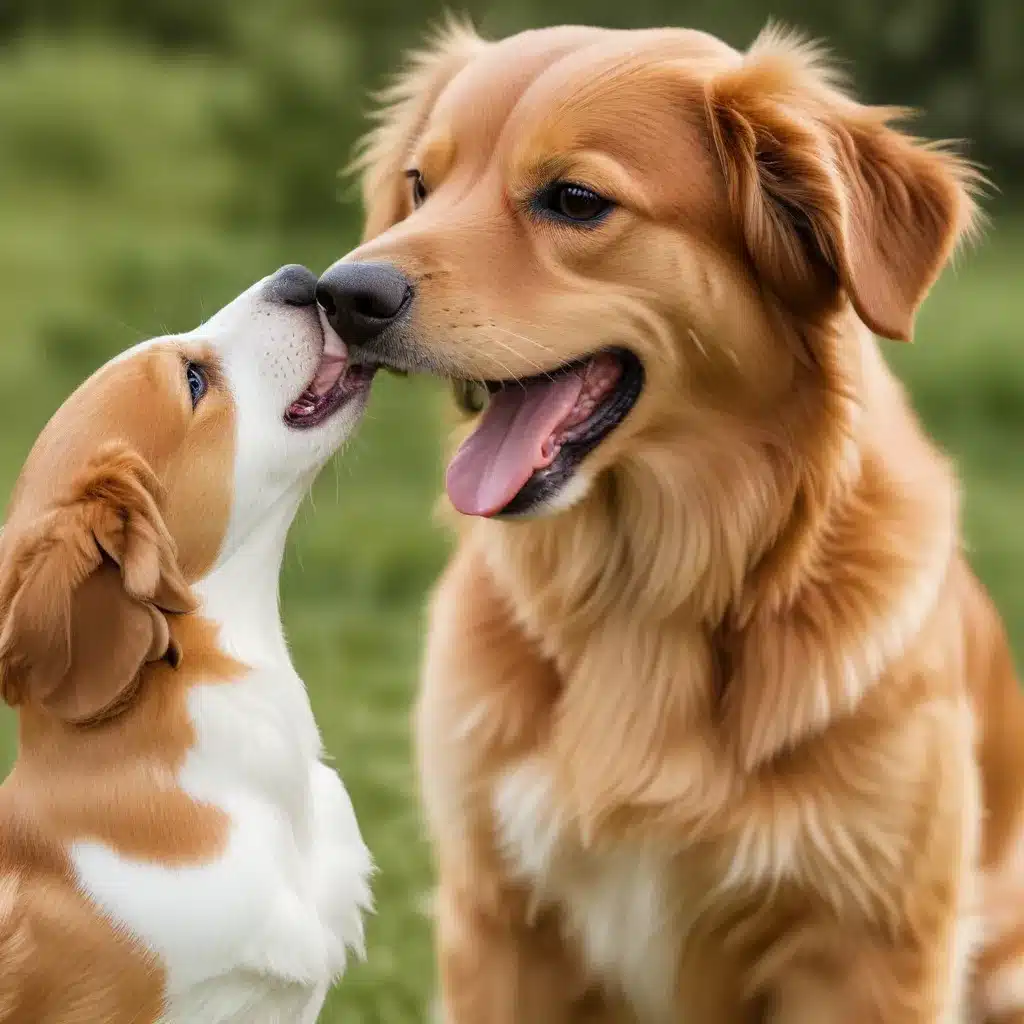
As an experienced avian caretaker and expert in bird species, breeding, care, habitat setup, nutrition, health, training, exotic species management, behavior interpretation, adoption practices, enrichment techniques, safety protocols, seasonal care, FAQs, customer testimonials, bird rescue, product assessments, travel advice, debunking myths, and events/news in the avian community, I’m delighted to share my knowledge on the transformative power of positive reinforcement training for pet birds.
Avian Species
Companion Bird Species
Companion birds come in a wide variety of shapes, sizes, and personalities. From the charismatic cockatoos and macaws to the inquisitive parrots and energetic cockatiels, these feathered friends make wonderful, intelligent, and often affectionate pets. Each species has unique needs and behaviors that must be understood and accommodated to ensure their physical and mental well-being.
Wild Bird Species
While we often think of pet birds, it’s important to remember that many species thrive in the wild, flying freely and engaging in natural behaviors. Species like hawks, falcons, and owls are skilled predators, while songbirds and waterfowl have their own fascinating survival adaptations. Appreciating the incredible diversity of avian life, both domestic and wild, can deepen our understanding and respect for these remarkable creatures.
Behavioral Characteristics
Birds are highly social, curious, and often playful animals. They use a rich repertoire of vocalizations, body language, and physical interactions to communicate. Behaviors like preening, flocking, territoriality, and parental care are all integral to a bird’s well-being. Recognizing and respecting these natural behaviors is crucial when caring for and training our feathered companions.
Positive Reinforcement Training
Establishing Trust
The foundation of any successful training program, whether for a parrot, a dog, or any other animal, is the relationship between the caretaker and the animal. By building a strong, positive bond based on trust and mutual respect, we can create an environment where the bird is motivated to learn and engage with us. This starts with gentle, patient interactions, providing enrichment, and allowing the bird to set the pace of the relationship.
Clicker Training
Clicker training is a powerful tool for shaping and reinforcing desired behaviors in birds. The distinct “click” sound, followed immediately by a reward, helps the bird clearly associate the behavior with the positive outcome. This method allows us to mark and reward even the smallest approximations towards the final behavior, making training fun and engaging for the bird.
Target Training
Teaching a bird to target, or touch, a specific object on cue is an excellent foundation for more advanced training. Not only does this build the bird’s trust and willingness to interact, but it also provides a valuable means of control and guidance during training sessions. Target training can be used to shape a wide variety of behaviors, from stepping up onto a hand to flying to a designated perch.
Avian Husbandry
Environmental Enrichment
Providing a stimulating, species-appropriate environment is crucial for a bird’s physical and mental well-being. This includes offering a variety of perches, toys, foraging opportunities, and even “birdie TV” to keep our feathered friends engaged and fulfilled. Enrichment encourages natural behaviors, reduces boredom and stress, and can even help prevent behavioral issues.
Cage and Perch Design
The design of a bird’s enclosure can have a significant impact on its health and behavior. Ensuring adequate space, appropriate perch sizes and textures, and safe, non-toxic materials are all essential considerations. A well-designed habitat not only meets the bird’s physical needs but also supports its natural behaviors and promotes a positive living environment.
Nutrition and Diet
A balanced, species-appropriate diet is fundamental to a bird’s overall health and well-being. Providing a variety of fresh fruits, vegetables, grains, and, when appropriate, a high-quality commercial pellet or seed mix, can help ensure our birds receive the nutrients they need. Paying attention to individual dietary preferences and any special needs can help us tailor the diet to each bird’s unique requirements.
Behavioral Concerns
Feather Plucking
Feather plucking can be a complex and frustrating issue for bird owners, with a variety of potential underlying causes, from medical problems to stress and boredom. By addressing the root causes through a combination of veterinary care, environmental enrichment, and positive reinforcement training, we can often help birds overcome this troubling behavior.
Aggression
Aggressive behaviors, such as biting, lunging, or territorial displays, can sometimes arise in pet birds. Through patient, positive reinforcement-based training, we can help our birds learn more appropriate ways to communicate their needs and feelings. Recognizing and addressing the triggers for aggressive behaviors is key to maintaining a safe and harmonious relationship.
Screaming and Vocalizations
Excessive screaming or other loud vocalizations can be a common challenge for bird owners. While some level of vocalization is natural and healthy, excessive noise can be disruptive and problematic. By understanding the motivations behind a bird’s vocalizations, such as attention-seeking or expressing frustration, we can use positive reinforcement to shape more desirable behaviors and provide appropriate outlets for their vocal expression.
At Mika Birds Farm, we believe that positive reinforcement training is the most effective and humane approach to working with our feathered companions. By building trust, shaping desired behaviors, and providing enriching environments, we can help our birds thrive and enjoy their lives to the fullest. Whether you’re a seasoned bird owner or just starting your avian journey, I encourage you to embrace the power of positive reinforcement and unlock the incredible potential of your feathered friends.
For more information on avian behavior, training, and care, be sure to visit our Mika Birds Farm website. You’ll find a wealth of resources, including detailed care guides, training videos, and expert-curated product recommendations to support your bird’s well-being. Happy training!


